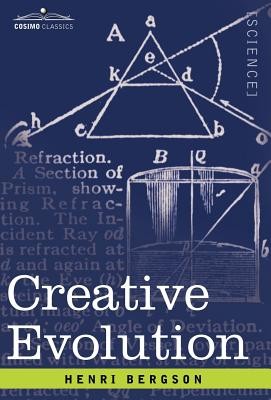
- Išsiųsime per 10–14 d.d.
- Autorius: Henri Louis Bergson
- Leidėjas: Cosimo Classics
- Metai: 2007
- Puslapiai: 472
- ISBN-10: 1602067449
- ISBN-13: 9781602067448
- Formatas: 14 x 21.6 x 3 cm, kieti viršeliai
- Kalba: Anglų
- Extra -20 % nuolaida šiai knygai su kodu ENG20
Atsiliepimai
Aprašymas
Anticipating not only modern scientific theories of psychology but also those of cosmology, this astonishing book sets out a impressive goal for itself: to reconcile human biology with a theory of consciousness. First published in France in 1907, and translated into English in 1911, this work of wonder was esteemed at the time in scientific circles and in the popular culture alike for its profound explorations of perception and memory and its surprising conclusions about the nature and value of art. Contending that intuition is deeper than intellect and that the real consequence of evolution is a mental freedom to grow, to change, to seek and create novelty, Bergson reinvigorated the theory of evolution by refusing to see it as merely mechanistic. His expansion on Darwin remains one of the most original and important philosophical arguments for a scientific inquiry still under fire today. French philosopher HENRI BERGSON (1859-1941) was born in Paris. Among his works are Matter and Memory (1896), An Introduction to Metaphysics (1903), and The Two Sources of Morality and Religion (1932). He was awarded the Nobel Prize for Literature in 1927.EXTRA 20 % nuolaida
Kupono kodas: ENG20
Akcija baigiasi už 19:26:50
Nuolaidos kodas galioja perkant nuo 10 €. Nuolaidos nesumuojamos.

- Autorius: Henri Louis Bergson
- Leidėjas: Cosimo Classics
- Metai: 2007
- Puslapiai: 472
- ISBN-10: 1602067449
- ISBN-13: 9781602067448
- Formatas: 14 x 21.6 x 3 cm, kieti viršeliai
- Kalba: Anglų




Atsiliepimai